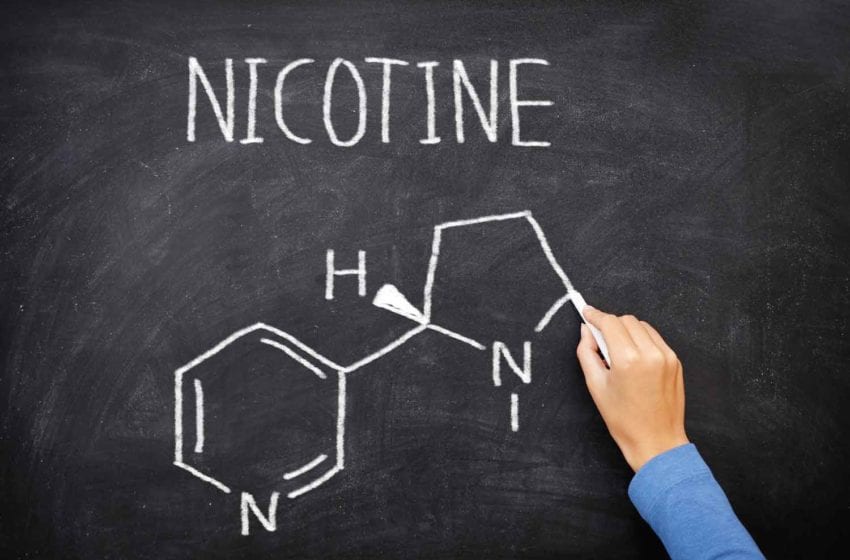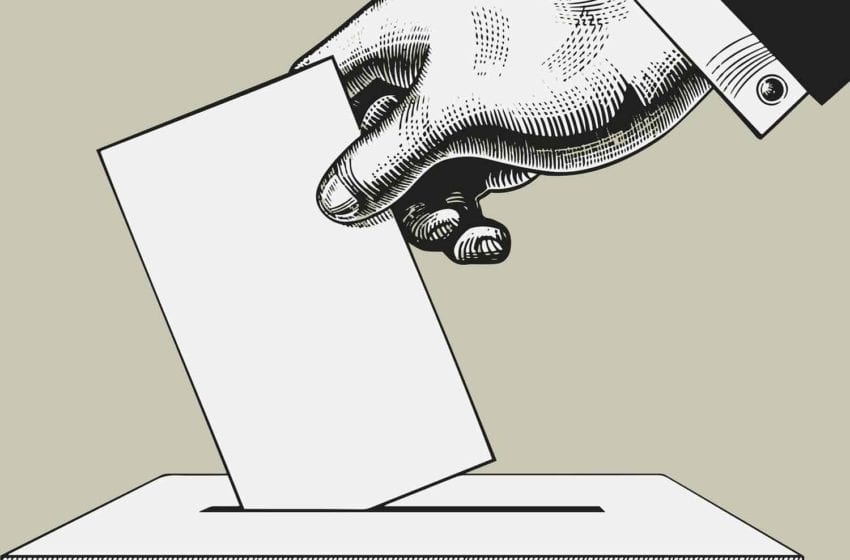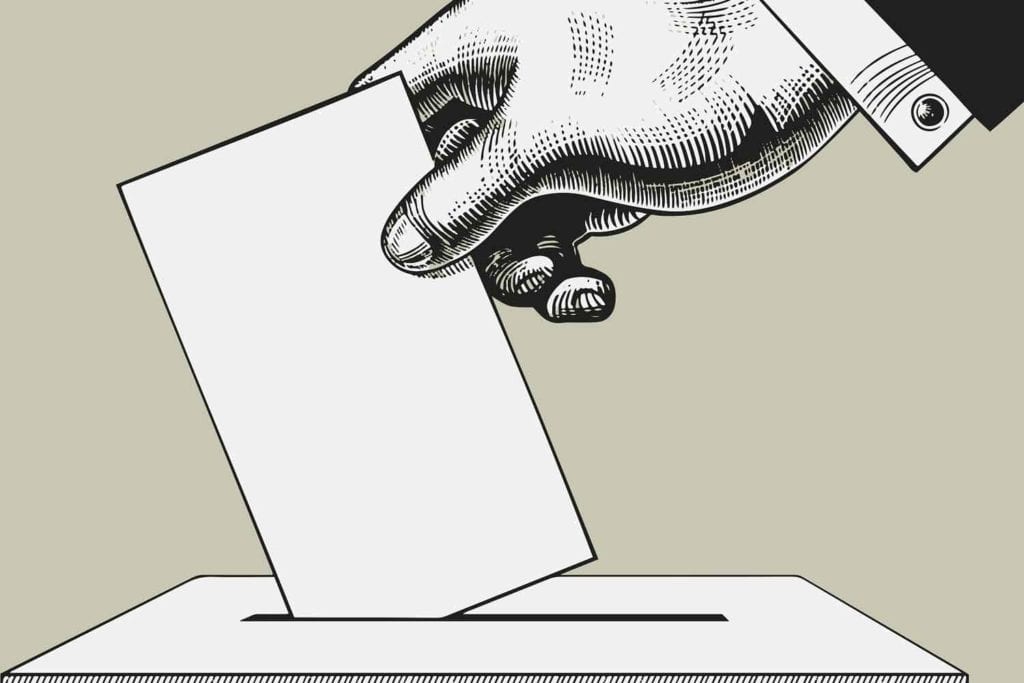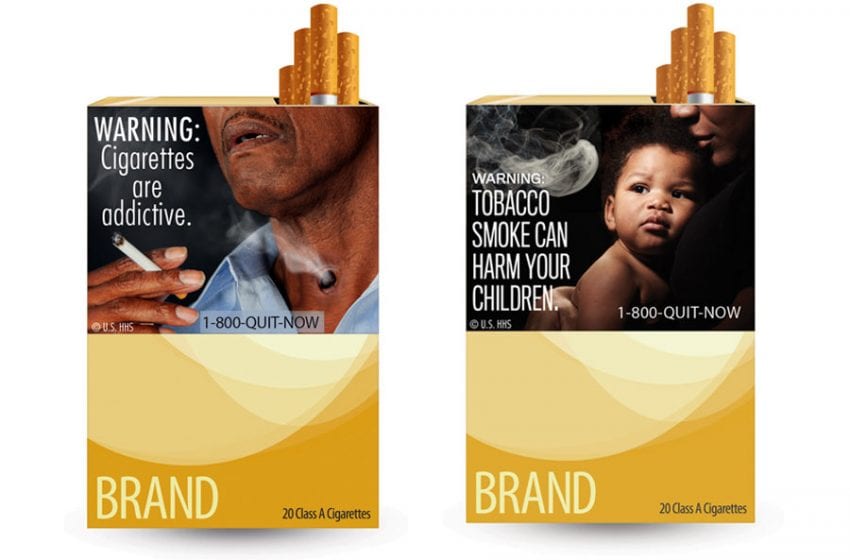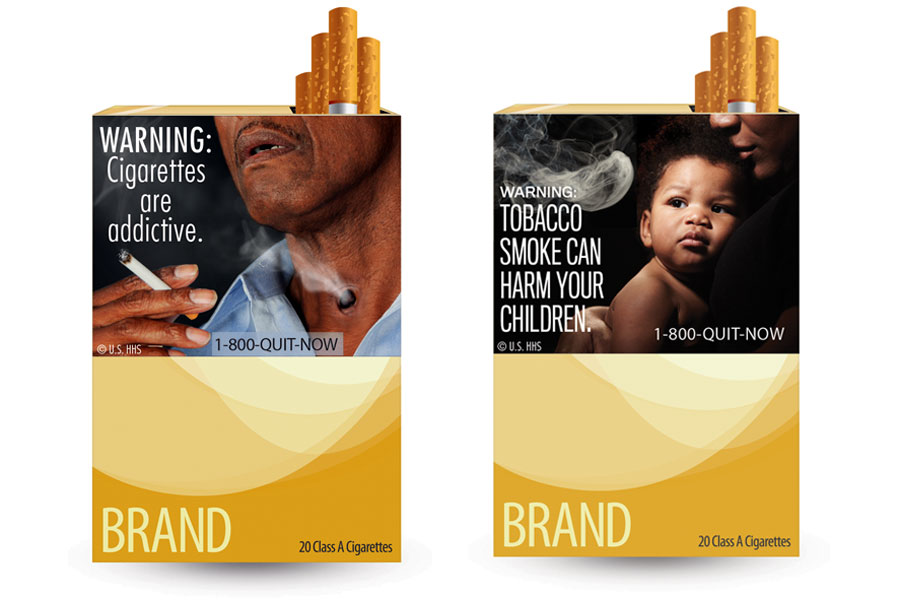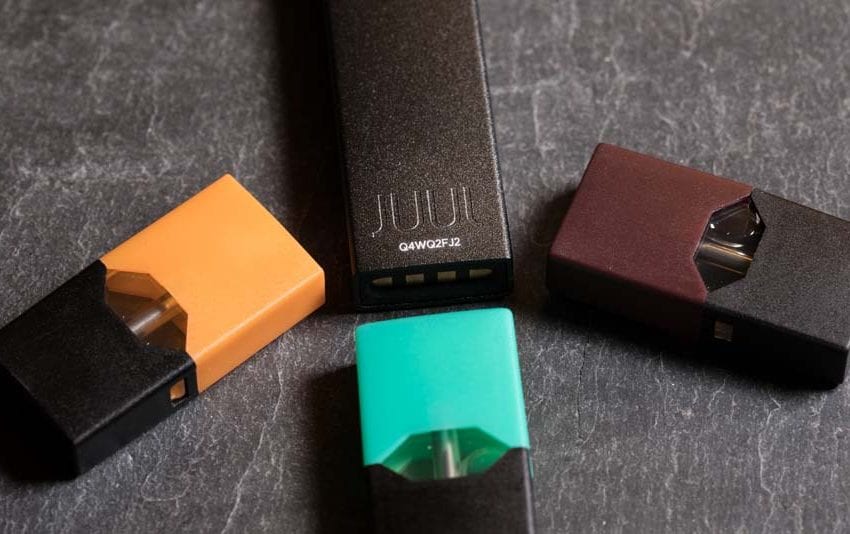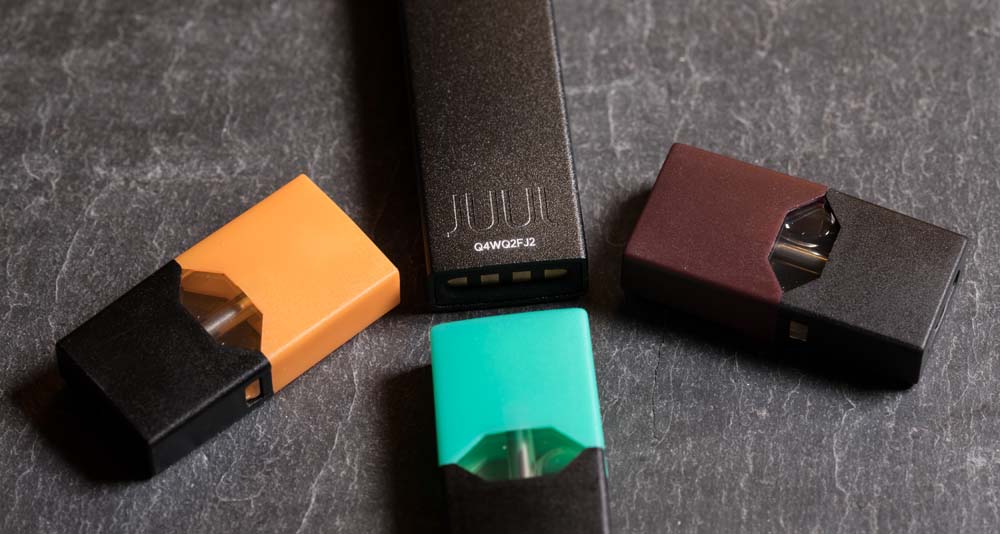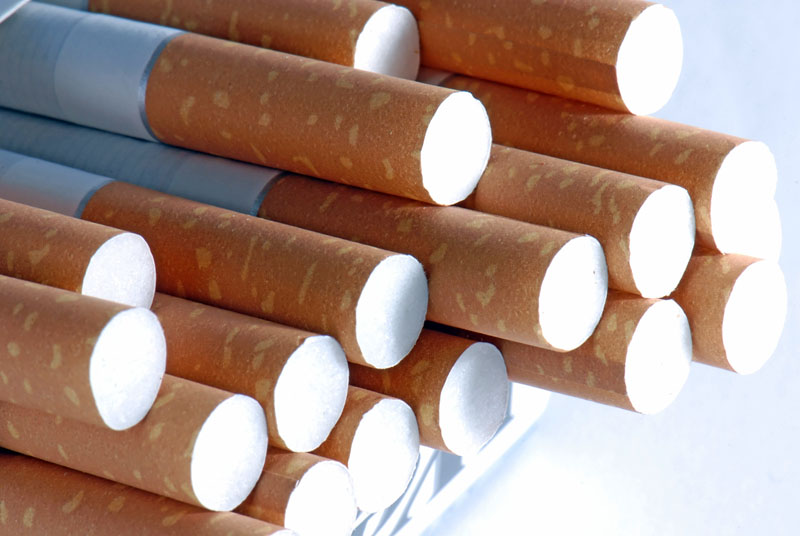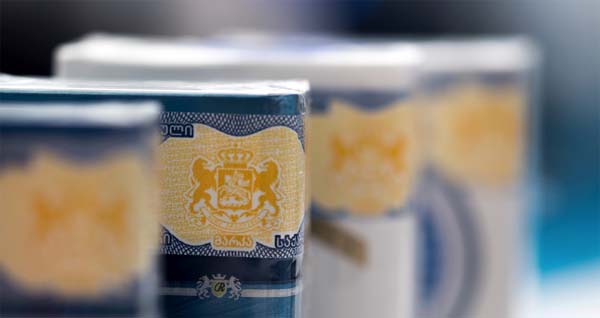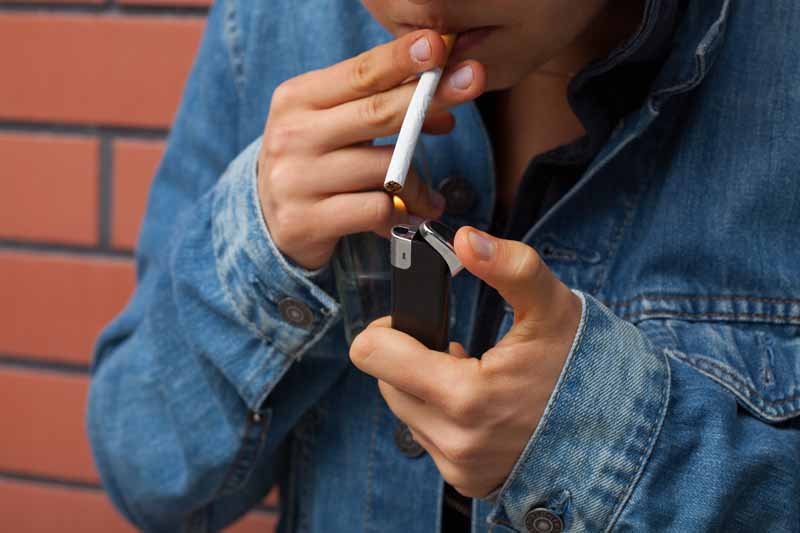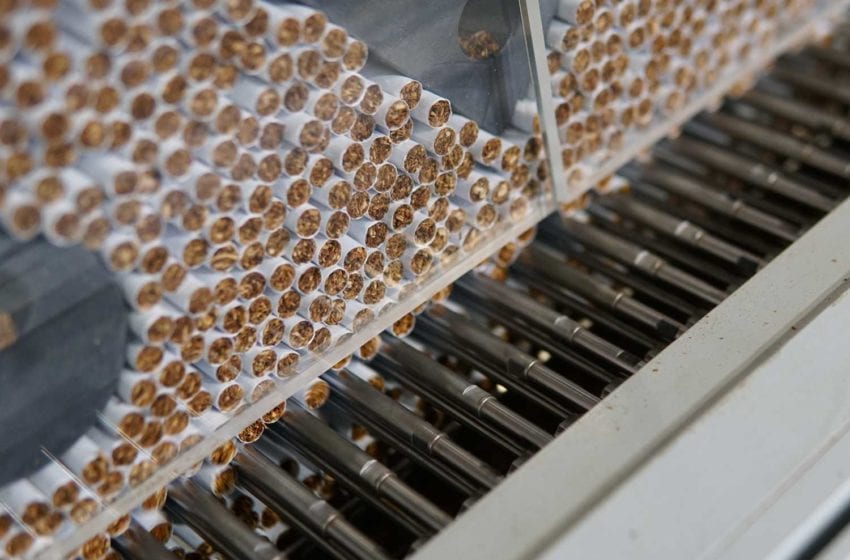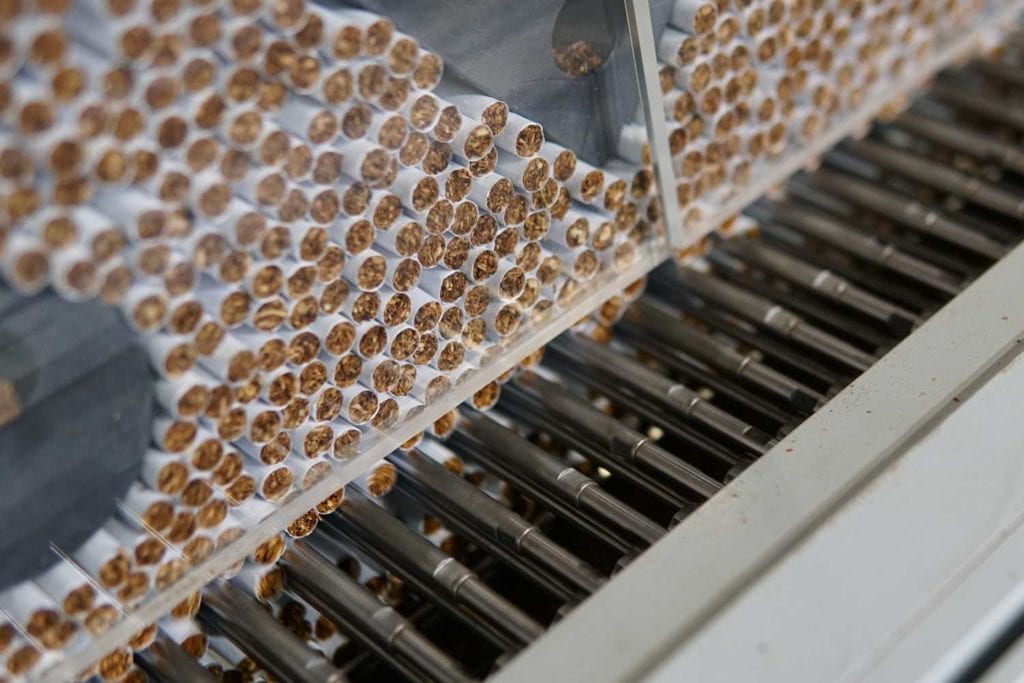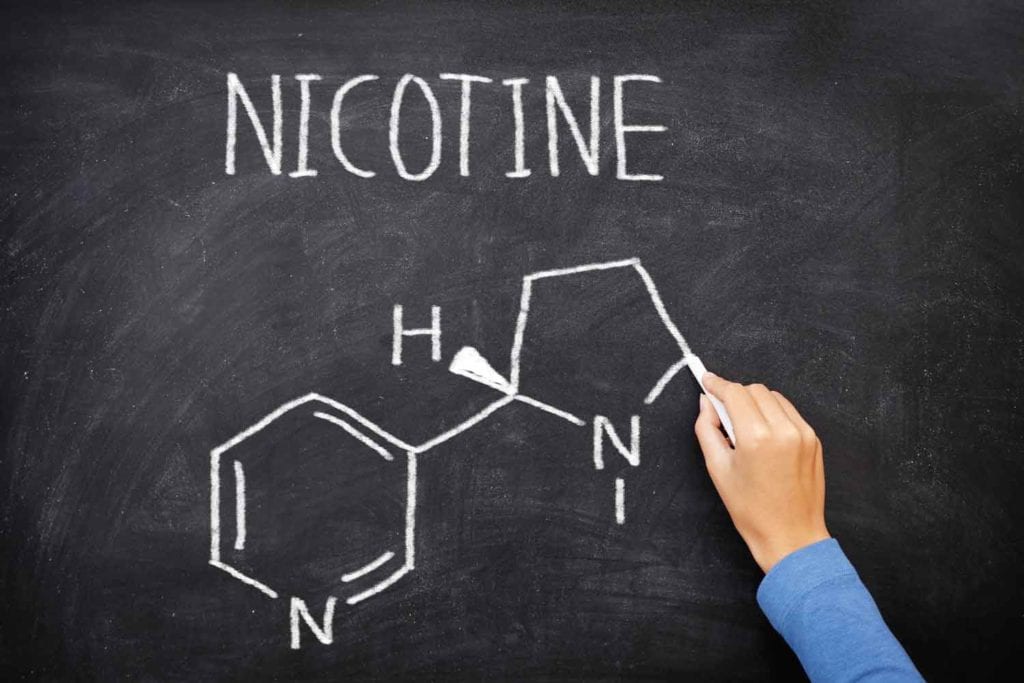
John Pritchard, 22nd Century’s vice president of regulatory science, has called on the U.S. Food and Drug Administration (FDA) to accelerate implementation of its comprehensive plan on tobacco and nicotine regulation, in particular to impose the mandate requiring all cigarettes sold in the United States to contain minimally or non-addictive levels of nicotine.
The proposed rule was removed from the agency’s agenda late last year without significant explanation.
“Despite the obvious harm of smoking, the staggering public health costs, and the millions of lives lost, we have never mustered the fortitude to enact policies that would make cigarettes less addictive and end this public health disaster, Pritchard wrote in a newsletter published by the global data intelligence company Morning Consult.
“This is the perfect time to take that step.”
22nd Century has invested heavily in nicotine-reduction technology, and the company stands to benefit greatly if the FDA mandates minimally addictive levels of nicotine.
“Companies like the one where I work have developed technology to decrease the chances that future generations become addicted to cigarettes and to provide alternatives for smokers of highly addictive cigarettes,” Pritchard wrote.
“Yet we continue to wait almost a year for a further authorization to allow us to communicate this breakthrough to adult smokers. The faster this can be achieved, the sooner and greater the public health benefit in the United States

